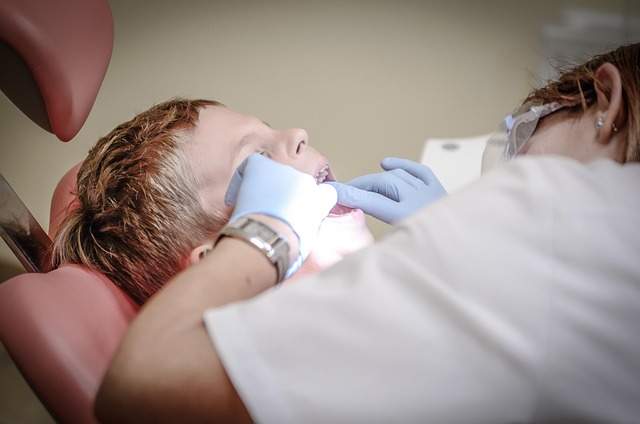Confronting the Silent Thief: A Closer Look at Alzheimer's Disease
Alzheimer's disease, a degenerative brain disorder, is a silent thief that gradually robs individuals of their memory, cognitive ability, and, eventually, their lives. It's a worldwide health concern that affects millions of people and their families. Its prevalence is expected to triple by 2050, underscoring the urgency for comprehensive understanding and effective interventions. As we delve into the historical context, current relevance, trends, impact, and reception, we aim to shed light on this topic, which is often shrouded in fear and misunderstanding.

A Historical Perspective on Alzheimer’s Disease
Alzheimer’s disease was first identified by German psychiatrist Alois Alzheimer in 1901. He described the case of Auguste Deter, a woman who exhibited symptoms of memory loss, paranoia, and psychological changes. Upon her death, Alzheimer conducted a brain autopsy and discovered two key hallmarks of the disease that would later bear his name - plaques and tangles in the brain tissue.
Over the course of the 20th century, Alzheimer’s disease was gradually recognized as more than just a rare neurological curiosity. It was only in the 1970s that Alzheimer’s gained wider recognition as a major cause of dementia, due to increased life expectancy and the growing number of elderly people.
The Present Reality: Alzheimer’s in the 21st Century
Fast forward to the 21st century, Alzheimer’s disease is now recognized as a global health crisis. According to the World Health Organization, it affects over 50 million people worldwide, with the number projected to rise to 152 million by 2050.
This steep increase is primarily due to the world’s aging population. As people live longer, the chance of developing Alzheimer’s disease increases. Despite significant advances in our understanding of the disease, there is still no cure. Current treatments can only alleviate symptoms, but they cannot stop or reverse the disease’s progression.
The Socio-Economic Impact of Alzheimer’s Disease
The economic impact of Alzheimer’s disease is staggering. In the United States alone, Alzheimer’s and other dementias are estimated to cost $305 billion in 2020. This figure includes direct medical costs and the cost of informal care provided by family members.
Beyond the economic impact, Alzheimer’s disease takes a significant emotional toll on affected individuals and their families. Caregivers often experience high levels of stress, anxiety, and depression. The progressive nature of the disease means that family members must watch their loved ones gradually lose their memories and identities, which is a challenging and heartbreaking experience.
The Ongoing Battle: Research and Reception
Despite the grim reality of Alzheimer’s disease, there is hope. Researchers worldwide are tirelessly working on understanding the disease better and developing more effective treatments. Several promising avenues of research are currently being explored, including the role of inflammation in Alzheimer’s disease, the potential of immunotherapy, and the use of lifestyle interventions to delay the onset of the disease.
Public reception towards Alzheimer’s has also evolved over the years. There’s less stigma associated with the disease now, and more emphasis on understanding and supporting affected individuals. Alzheimer’s disease is increasingly portrayed in the media as a condition that affects not only the elderly but also their families and the broader community.
Towards a Future Without Alzheimer’s Disease
Alzheimer’s disease may be a silent thief, but we are not helpless victims. Our understanding of the disease has grown exponentially over the past century, and with ongoing research, we stand a better chance of finding a cure.
To make progress, we must continue to fund research, raise public awareness, and support those living with Alzheimer’s and their families. We also need to focus on prevention strategies, such as promoting healthy lifestyles that keep our brains healthy.
The fight against Alzheimer’s disease is not just a medical battle; it’s a societal effort. By confronting this silent thief head-on, we can hope for a future where Alzheimer’s disease is a thing of the past.




